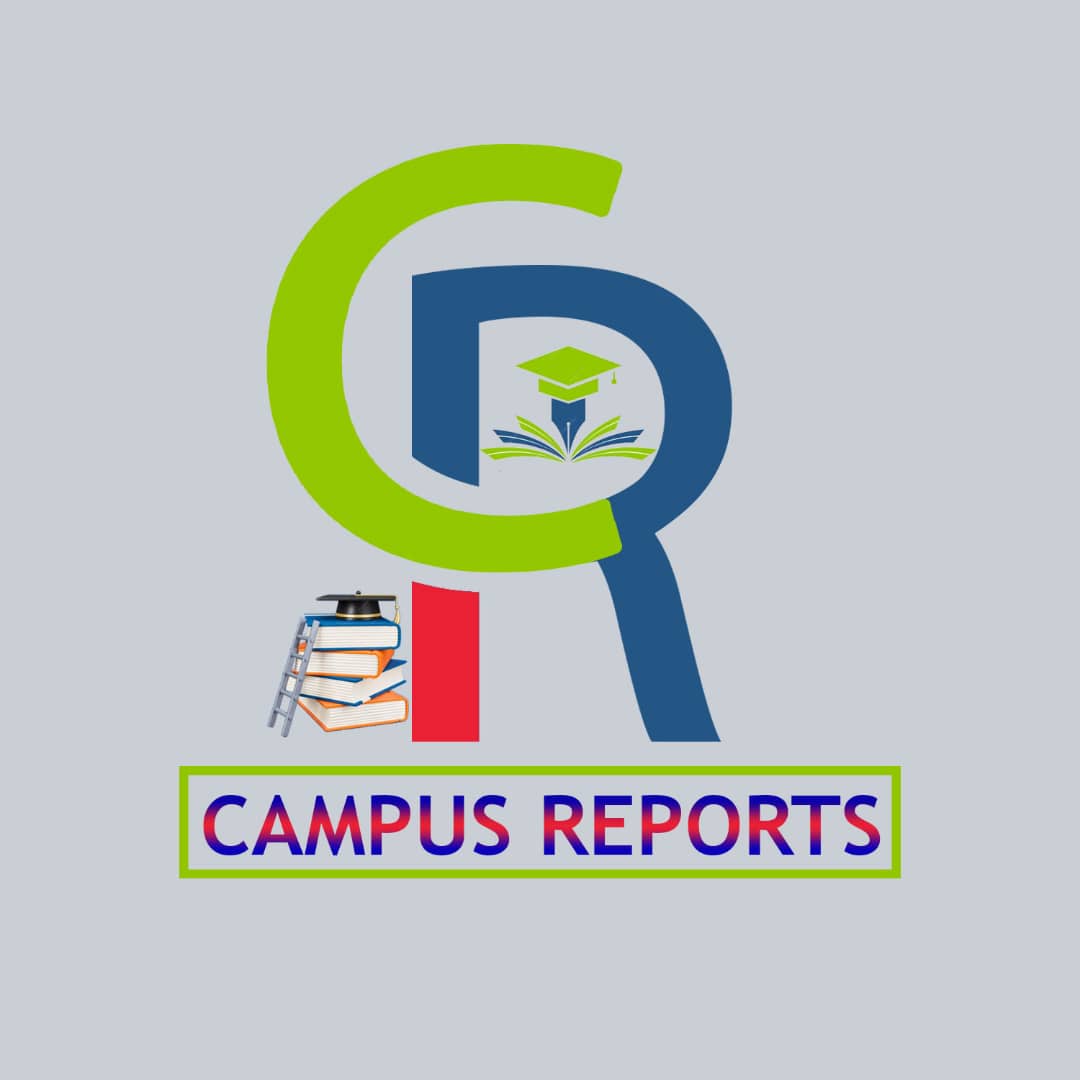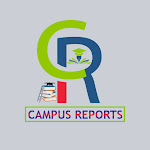The immediate past Vice Chancellor of the University of Medical Sciences, Ondo Town, Ondo State Professor Adesegun Fatusi, tells PETER DADA about university and medical education in Nigeria among other issues, in this interview
Many people are criticising the continuous establishment of new universities by the Federal Government, what is your view about the development in the country?
For the future of universities in Nigeria, I totally agree with those criticising it, that the Federal Government should stop establishing universities because it does not make any sense to me. You already have universities that you have not been able to fund adequately. I learned that the members of staff of a university that had just started not too long ago, have begun on strike because they are not paid. Schools that they are already running are losing accreditation because they are not providing resources. So, it’s absolutely makes no sense to me that the Federal Government should continue to establish universities. On the other hand, states and individuals’ private concerns might be at a different level. This is what I mean, even with all our universities, does it mean that the proportion of graduates in Nigeria is high enough? Or does it mean that the number of our graduates is good enough? The answer is no.
So what do you think can be done about this?
I think the Federal Government should concentrate on funding more of what it has started, improving their capacities. What are you doing with four universities when you are not able to fund them? I think states can carefully look at their needs to see what they have. So, instead of expanding or starting universities, it would make more sense to see how you can invest in what you have already to expand their capacity.
What about the state of health and medical education in Nigeria?
The answer is, ‘very good.’ My evidence, why will America be wanting our doctors? Why will you disturb me to have my nurses? That’s the greatest evidence that you need about the quality of our products. I know the Americans, the way they are, they won’t want to share our products. But they’ve tasted and seen that indeed our health education is not bad. You know, like the Bible says, ‘taste it and see that the Lord is good.’ So, you taste it and see that our health education is good. It doesn’t mean everything is perfect, no. There are gaps that we need to fill and there are perhaps three million gaps. Number one is the gap in terms of the professionals, the professional categorisation, you know, the blend of our programmes. Our programmes are concentrated in some areas and they are rejected in some areas, for example, we have been having medical courses for the last 70 years, more than 70 years. But what happens to very important courses, like medical opticians? Before we came to UNIMED there was no speech therapy programme and yet we know that those programmes are increasingly more important, they are more important sometimes than medical ones. Look, as we are all growing older, we’re going to all need rehabilitation at a point in time. As the world continues with the industrialisation and the accidents, we need rehabilitation. So, our programmes are not looked at this uniformly It’s been skewed in some areas. Health information management, without health information, how do you run hospitals? How do you run the whole dynamics around the health infrastructural systems? Yet there is no single course of health information management in this country and you have seen them for the last three years we haven’t started the programme. So, in terms of the blend, we need to expand more to those areas. It would surprise you to know that dentists are few in this country because it’s very expensive to train dentists. Only two state universities in Nigeria have dentistry – Lagos State University and the University of Medical Science Ondo. Why? Because it too expensive to train dentists. I can only train a few at a time. About 97per cent of Nigerians have no idea about dentistry. They have never actually seen dentists before and we should all be seeing dentists. It is only in UNIMED that doesn’t only run dentistry, but has faculty of dentistry in this country that has a combination of three degree programmes – the Dental Technology, Dental Hygiene, and Dentistry itself. So, that needs to be changed. Second thing that needs to be changed is the investment in infrastructure for training. We are training well in Nigeria but at a big cost to the practitioners. Schools are struggling, teachers are struggling. Our teachers are not enough because they are taking them away. So, there is a need for greater investment in terms of what you do with training, that can deepen our quality more and enable us to meet the need for export as well as home . The third area that I think we need to do more is in terms of the research work that we do in the context of our training because research costs money and the place to start being a scientist is not only in graduates, it’s to see how we integrate more and more of that into our training programme and strengthening capacity of undergraduate and post graduate students. So, those for me are three dimensions that I think we need to do more in terms of our health and medical programmes.
Recently, you completed your term as the Vice Chancellor of the UNIMED, what was the experience like?
It is true that I have completed my five years as the VC of the UNIMED and in those five years, we also had several interactions. This is a journey of partnership in a way. The media has been a strong partner in our engagements. As you know, the academic community of the university stands on the tripod of teaching, research, and services. So, you can look at teaching and research as an academic dimension. One thing that we are very excited about is that during my tenure we went from a university that had 14 courses to one that has 40 courses, and the largest collection of health and medical courses anywhere in Nigeria. Number two, we started our programme in 2021. My predecessor and my colleague left a good foundation for our PG (postgraduate) programmes. Today, we have a total of 60 programmes that are running. We also brought in 10 new courses to the Nigerian university system. Those courses never existed before the pandemic (in 2020). We were the ones that wrote the advocacy, the plan for the university, and today, Nigeria enjoys a course like audiology at undergraduate level. It never existed at that level. Nigeria now has a course like speech therapy, but you never have a speech programme. Today, in the University of Medical Sciences, Ondo, by what we have done, we have 10 new courses in the Nigerian university system. A number of other universities have to adopt some of them. Again, one of the things we were able to do was to pathfind for the Nigerian university communities. What we did was to lead and others to follow, to light the candle for others to see the pathway for greater engagement in their sciences education.
The country is facing a challenge of shortage of medical health professionals due to the Japa syndrome and consequently, the Federal Government has also increased the retirement age of doctors and other professionals. Do you think this approach is a solution to the Japa syndrome?
For me, the increase in the age of retirement in the essence was a practical response to a prevailing challenge. We have a challenge that is multidimensional. The first is what you say, Japa syndrome. Many young people are moving away and yet, those who are on ground, who are agile, who can still do the work are retiring early. So, the FG’s approach is such a practical solution. You know, one of the things that have changed in the world population dynamics is the age at which people are dying. You may not think great people, in this world died before the age of 45 or 50, because then life was shorter. Life span was shorter. So, retirement age was also a function of that. But now, people are living longer. They have capacity there and you have a problem where you don’t have doctors. You don’t have nurses. So, I think it’s a very practical response.
As you have left, another VC had been appointed, what are your expectations, particularly as it concerns the legacy you left behind in that university?
My message to whoever my successor is my successor is to be a leader that listens to the people. Ultimately, leadership is not about an individual, it’s about a frontal position when you are working with the people. No leader accomplishes things on his own. Leaders should accomplish things through the people and so the first thing I would say to my successor is to connect with them (the workers), work with them, be a part of a team in a sense, not somebody that is distant and somebody that is separate from the people. I think that university is very simple and also different. You are a master as you are today. Tomorrow, you are back as a lecturer. So, it’s simply a temporary position of leadership and so contact your consciousness that you are not special. Number two, don’t follow the Nigerian pattern of abandoning existing work. The reason why tUNIMED has gone this far is that the governors of this state have all been consistent in sustaining this team. The picture we see across the Nigerian spectrum, if you look at the states that have done well, they are states where they have continuity. Don’t run an ivory tower. You see, an ivory tower, in the original sense, is distant from the community. Run a university that is deeply connected with the community and its stakeholders. In December, 2024 somebody gave us his entire property. It’s not state government. It’s because we connected with the team and connected with the community. If you run an ivory tower, you will just suffer a lot and a place like a university community needs the support of all stakeholders. Government support cannot but be minimal. That’s the truth.



